
In the last of those journeys that I like to make through cinema to the most remote corners of this wide world, I visited three places of which I know almost nothing: I saw this estonian film (a country I know very little about), set in Georgia (of which I know a couple of things and little else), during the Abkhazian war (war conflict unknown to me until last night).
En el último de esos viajes que me gusta hacer a través del cine hacia los rincones más recónditos de este amplio mundo visité tres lugares de los cuales desconozco casi todo: vi esta película Estonia (un país del que se muy poco), ambientada en Georgia (del cual sé un par de cosas y poco más), durante el marco de la guerra de Abjasia (conflicto bélico ignorado para mí hasta anoche).
I don't wanna extend myself explaining a war conflict about which I don't handle enough information to give details, however I would like to share some data that serve for the frame of reference in which the story is set. Georgia is a country that geographically lies on the border between Eastern Europe and Western Asia. Although it has historically and culturally been considered European, it has neighbors as different as Russia, Turkey, Armenia and Azerbaijan. In the early 1990s, war broke out in a Georgian province seeking independence: Abkhazia. Today, calling itself the Republic of Abkhazia, it's considered a de facto independent republic (by force of fact, although it lacks legal recognition), but Georgia and the majority of the international community consider it an autonomous republic belonging to Georgia itself and not as a Separate State (recognition granted by a few). It's within the framework of this warlike conflict that the story of the film is set.
No quiero extenderme explicando un conflicto bélico sobre el cual no manejo suficiente información como para dar detalles, sin embargo sí quisiera compartir algunos datos que sirvan para el marco referencial en el cual se ambienta la historia. Georgia es un país que geográficamente se encuentra en el límite entre Europa Oriental y Asia Occidental. Si bien ha sido considerado histórica y culturalmente como europeo, tiene vecinos tan diferentes como Rusia, Turquía, Armenia y Azerbaiyán. A inicios de los años noventa estalló la guerra en una provincia georgiana que buscaba la independencia: Abjasia. Hoy día, autodenominada como República de Abjasia, se considera una república independiente de facto (por la fuerza de los hechos, aunque carezca de reconocimiento jurídico), pero Georgia y la mayoría de la comunidad internacional la consideran una república autónoma perteneciente a la propia Georgia y no como un Estado Separado (reconocimiento que le otorgan unos pocos). Es en el marco de este conflicto bélico que se ambienta la historia de la película.
Mandariinid (Tangerines), tells the story of Ivo, an old Estonian who has lived in Georgian territory for many years and who, unlike almost all his neighbors (his countrymen), decides to stay. The other Estonian who decides to stay in the country is his friend Margus who wants to harvest his mandarin crop, not only for the money, but also because it would be a shame if such a good and abundant harvest were to be lost. To collect and transport these fruits, Ivo builds wooden crates for him.
Mandariinid (Mandarinas), cuenta la historia de Ivo, un anciano estonio que vive en territorio georgiano desde hace muchos años y que, a diferencia de casi todos sus vecinos (paisanos suyos), decide quedarse. El otro estonio que decide permanecer en el país es su amigo Margus quien quiere recoger su cosecha de mandarinas, no sólo por el dinero, sino también porque sería una lástima que se perdiera una cosecha tan buena y abundante. Para recoger y transportar estas frutas, Ivo le construye cajones de madera (guacales).
So, we have two foreign men, adults, one of them elderly, who are the only inhabitants of a peasant area within a territory that has begun to be in dispute between two armies: on one side the Georgians and on the other the Abkhazians and those who support them. At one point in the film, Margus says: "They are disputing the land. The land where I have my tangerines"; So whose land is it? whose has it always been? who grows it? does the land belong to who claims it? Can others dispute my house? The film invites you to think about issues such as property, nationalism, migration, exile, among others. Ivo and Margus are Estonian. The war is not theirs, nor against them, but they inhabit a territory that, as the conflict progresses, becomes more and more dangerous and although they try to stay out of it, the war reaches their doorsteps.
Entonces, tenemos a dos hombres extranjeros, adultos, uno de ellos anciano, que son los únicos habitantes de una zona campesina dentro de un territorio que ha comenzado a estar en disputa por dos ejércitos: de un lado los georgianos y del otro los Abjasianos y quienes los apoyan. En un momento de la película Margus dice: "Se están disputando la tierra. La tierra en donde tengo mis mandarinas"; entonces, ¿de quién es la tierra? ¿de quien siempre ha sido? ¿de quien la cultiva? ¿de quien la reclama? ¿pueden otros disputarse mi casa? La película invita a pensar en temas como propiedad, nacionalismo, migración, exilio, entre otros. Ivo y Margus son estonios. La guerra no es de ellos, ni en contra de ellos, pero habitan un territorio que, a medida que avanza el conflicto, se vuelve más peligroso y aunque intentan mantenerse al margen, la guerra llega a la puerta de sus casas.
One day two separatist soldiers arrive at Ivo's workshop. Although they fight on the side of Abkhazia, they are not from the territory. The leader's name is Ahmed and he's a Chechen mercenary (mercenaries are soldiers for hire, their job is to fight in different wars and they get paid for that). His partner is called Ibrahim. After an exchange of words and a visit to Ivo, they decide to leave him alone. The Estonian gains the soldiers' respect for his honesty and character, and they leave, telling him to be careful because he may receive other less pleasant visitors. A few days later, Ivo hears gunshots and an explosion near Margus's house and runs there to find two military vehicles collided and five soldiers down. Three are Georgian. The other two: Ibrahim and Ahmed. When thestonian friends talk about burying the bodies, Ahmed reacts: he's still alive. So Ivo decides to take him home and take care of him.
Un día dos soldados separatistas llegan hasta el taller de Ivo. Si bien luchan del lado de Abjasia, no son del territorio. El líder se llama Ahmed y es un mercenario checheno (los mercenarios son soldados a sueldo, su trabajo es luchar en diferentes guerras y les pagan por eso). Su compañero se llama Ibrahim. Tras un intercambio de palabras y una visita a Ivo, deciden dejarlo tranquilo. El estonio se gana el respeto de los soldados por su honestidad y carácter y los soldados se marchan diciéndole que tenga cuidado porque puede recibir otras visitas menos agradables. Unos días más tarde, Ivo escucha disparos y una explosión cerca de la casa de Margus y corre hasta allí para encontrar dos vehículos militares colisionados y cinco militares caídos. Tres son georgianos. Los otros dos: Ibrahim y Ahmed. Cuando los amigos estonios hablan de enterrar los cuerpos, Ahmed reacciona: sigue vivo. Así que Ivo decide llevarlo a casa y cuidar de él.
It seems the story is going to be like that of the Good Samaritan, but then when Ivo and Margus go to bury the other bodies, another of the fallen also reacts: a Georgian. As he did with Ahmed, Ivo takes the wounded man home (later we'll find out his name is Nika) and puts him in a different room, locked up for fear of what Ahmed might do to him. The Estonians ask for the help of Juhan, an Estonian doctor who lives nearby and who is about to return to his land. Ahmed will recover soon. Nika thing is a little more complicated. Thus, suddenly, the two Estonians (although mainly Ivo) whose only concern was to harvest and take out their tengerines find themselves involved in the war in a unique way: under one roof they house two wounded: each one from one side of the conflict, is there a more poetic way for war to break into your home? First because of the conditions of the combatants and then out of respect for the man who saved their lives and sheltered them in his house, Ahmed and Nika make a truce, a pause in the conflict, but what will happen after they recover? will they fight again? will they kill each other?
Pareciera que la historia va a ser como la del buen samaritano, pero entonces cuando Ivo y Margus van a enterrar los demás cuerpos, otro de los caídos reacciona también: un georgiano. Tal como lo hizo con Ahmed, Ivo se lleva a casa al herido (después sabremos que se llama Nika) y lo acomoda en un cuarto diferente, cerrado bajo llave por temor a lo que pueda hacerle Ahmed. Los estonios piden la ayuda de Juhan, un doctor estonio que vive cerca y quien está próximo a devolverse a su tierra. Ahmed se recuperará pronto. Lo de Nika es un poco más complicado. Así, de pronto, los dos estonios (aunque principalmente Ivo) cuya única preocupación era recoger y sacar su cosecha de mandarinas se ven envueltos en la guerra de una forma singular: bajo un mismo techo albergan a dos heridos: cada uno de un bando del conflicto, ¿hay alguna forma más poética de que la guerra irrumpa en tu hogar? Primero por las condiciones de los combatientes y luego por respeto al hombre que les salvó la vida y los albergó en su casa, Ahmed y Nika hacen una tregua, una pausa en el conflicto, pero ¿qué pasará después cuando se recuperen? ¿volverán a luchar? ¿se matarán?
As much as they are enemies, they now live under the same roof and begin to share meals, talks, all thanks to Ivo's character, who often acts like a father. Through the coexistence and interaction of these four characters, we discover their stories and rediscover our humanity. With a simple (although beautiful) photography, a modest budget, a small cast (barely twenty people appear in the entire film) and an honest script, the Georgian director Zaza Urushadze gave us this (anti-war) war drama that invites us to think about all the wars, about tolerance, about our differences (Ahmed is Chechen and a Muslim; Nika is a Georgian and a Christian) and it does it in a big way in less than an hour and a half. If one day you want to see a short film or want to get away from the typical Hollywood places, I invite you to travel to Georgia and see Tangerines, a film that will make you think.
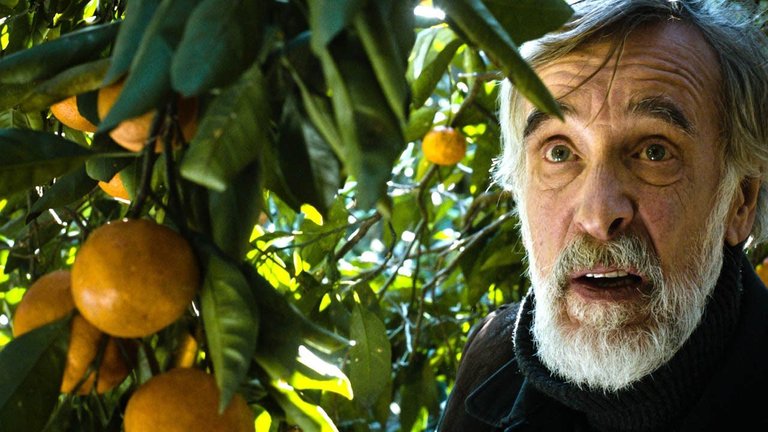
Por más que sean enemigos, ahora viven bajo el mismo techo y comienzan a compartir comidas, charlas, todo gracias al carácter de Ivo que muchas veces actúa como un padre. A través de la convivencia y la interacción de estos cuatro personajes, vamos descubriendo sus historias y redescubriendo nuestra humanidad. Con una fotografía simple (aunque bonita), un presupuesto modesto, un elenco breve (apenas aparecen una veintena de personas en toda la película) y un guión honesto, el director georgiano Zaza Urushadze nos regaló este drama bélico (antibelicista) que nos invita a pensar en todas las guerras, en la tolerancia, en nuestras diferencias (Ahmed es checheno y musulmán; Nika es georgiano y cristiano) y lo hace de gran manera en menos de hora y media. Si algún día tienen ganas de ver una película no muy larga o quieren salirse de los lugares típicos de Hollywood, les invito a viajar hasta Georgia y ver Tangerines, una película que les hará reflexionar.

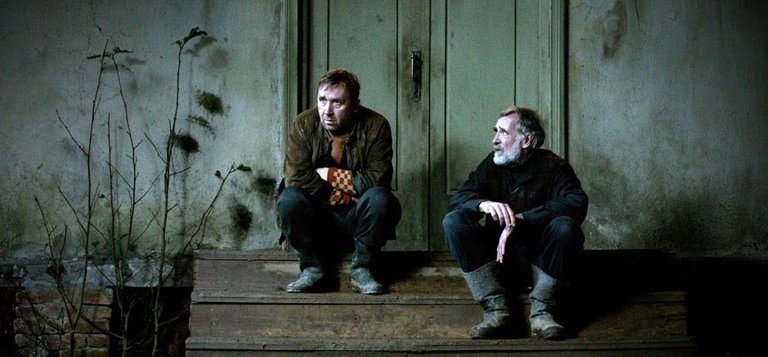
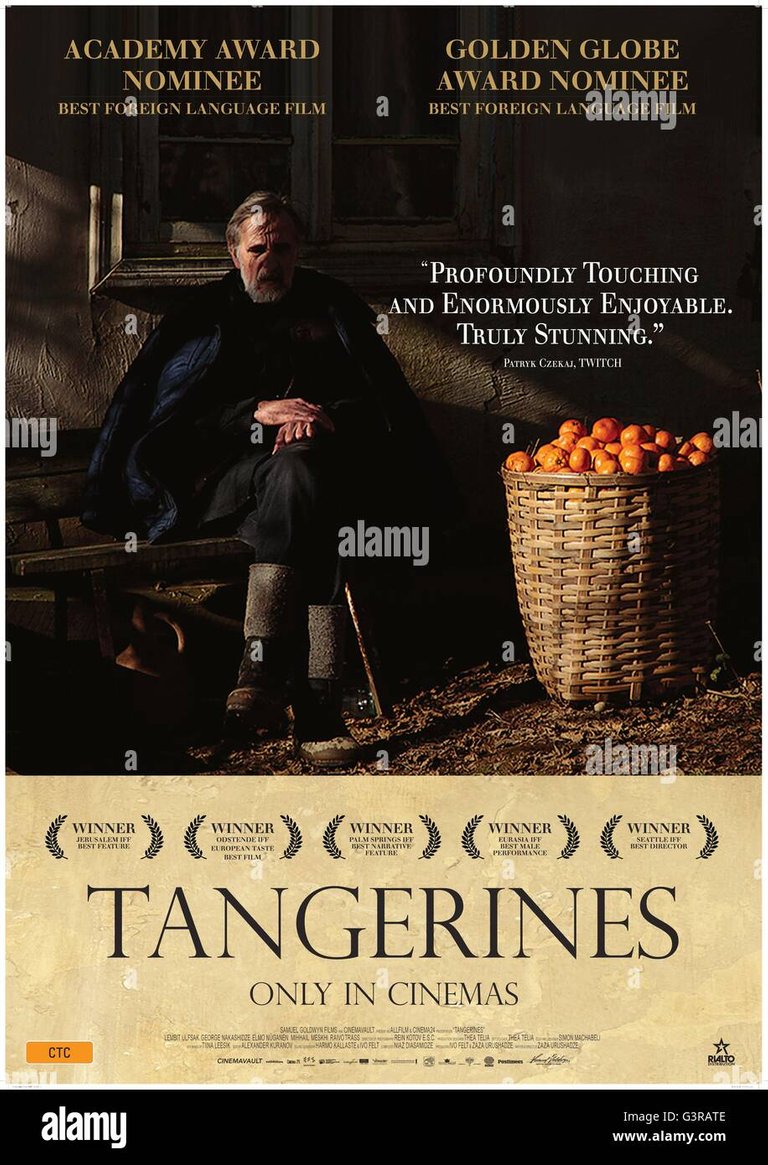
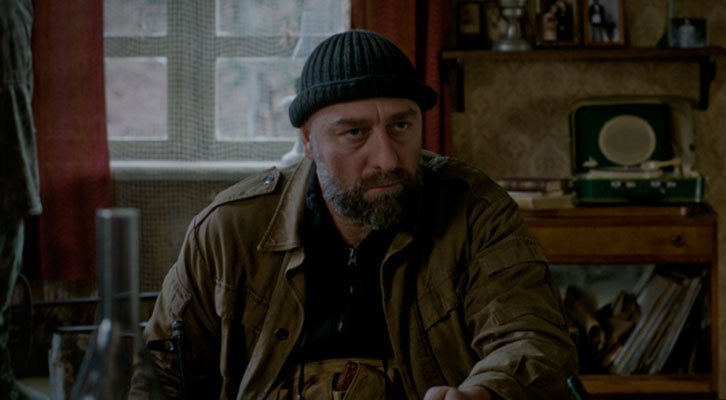

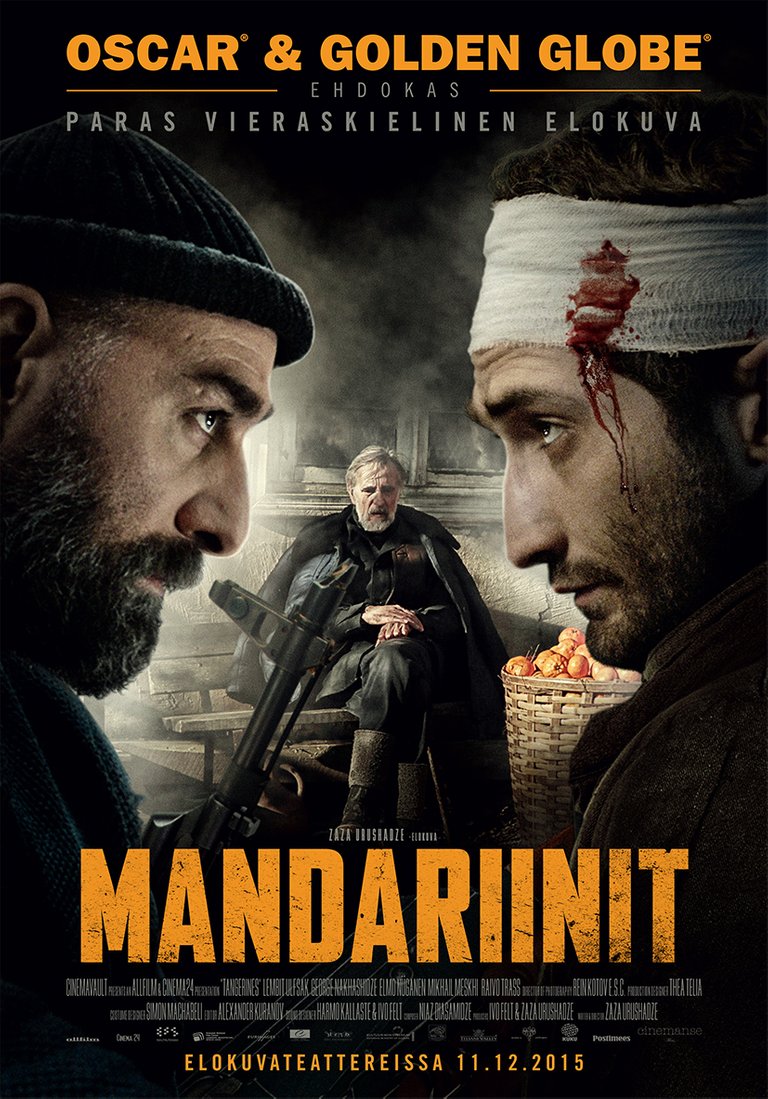
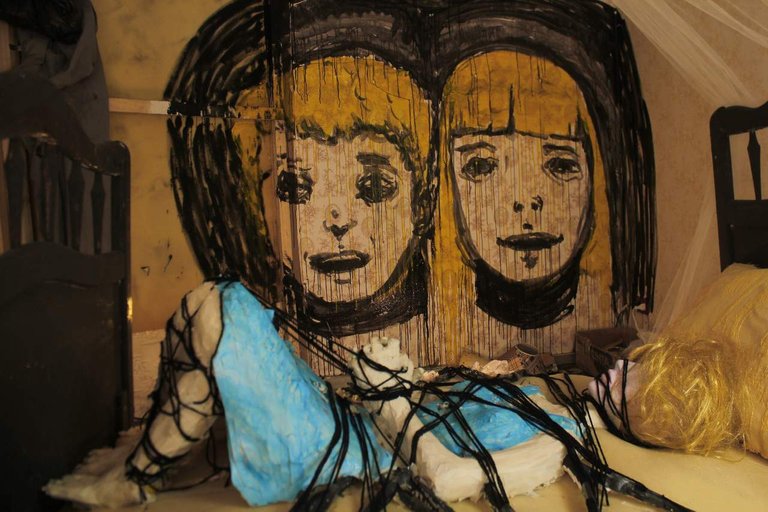
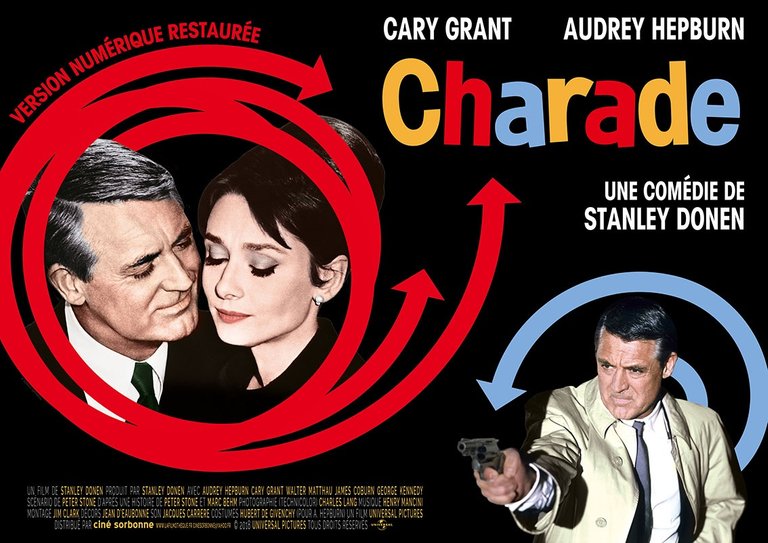
A simple film but full of a deep and powerful anti-war message. I saw it a long time ago, when it was nominated for an Oscar and I loved it.